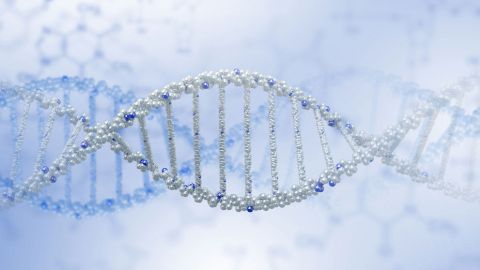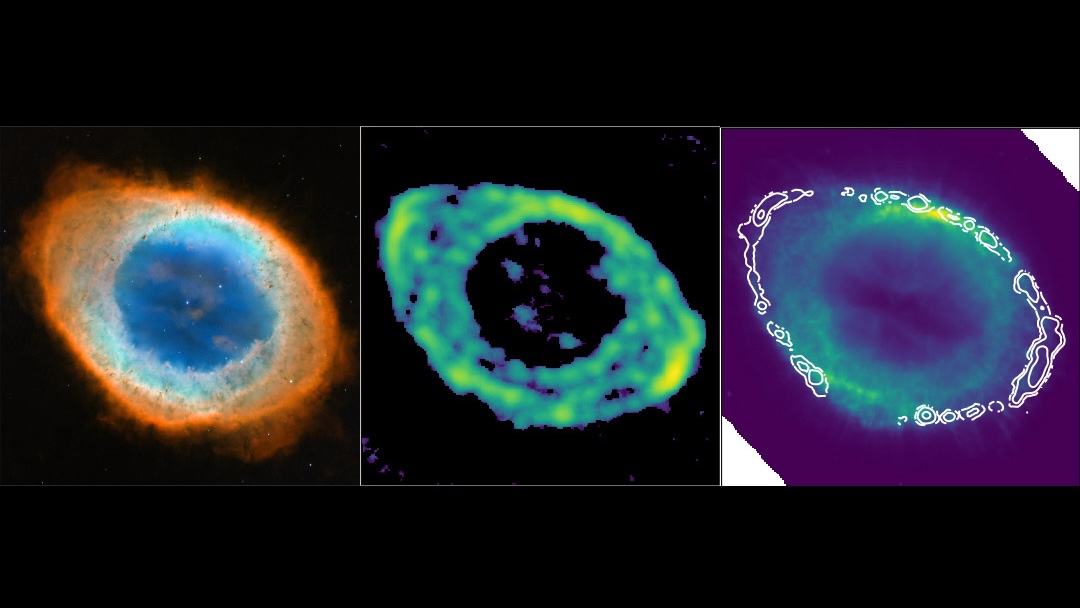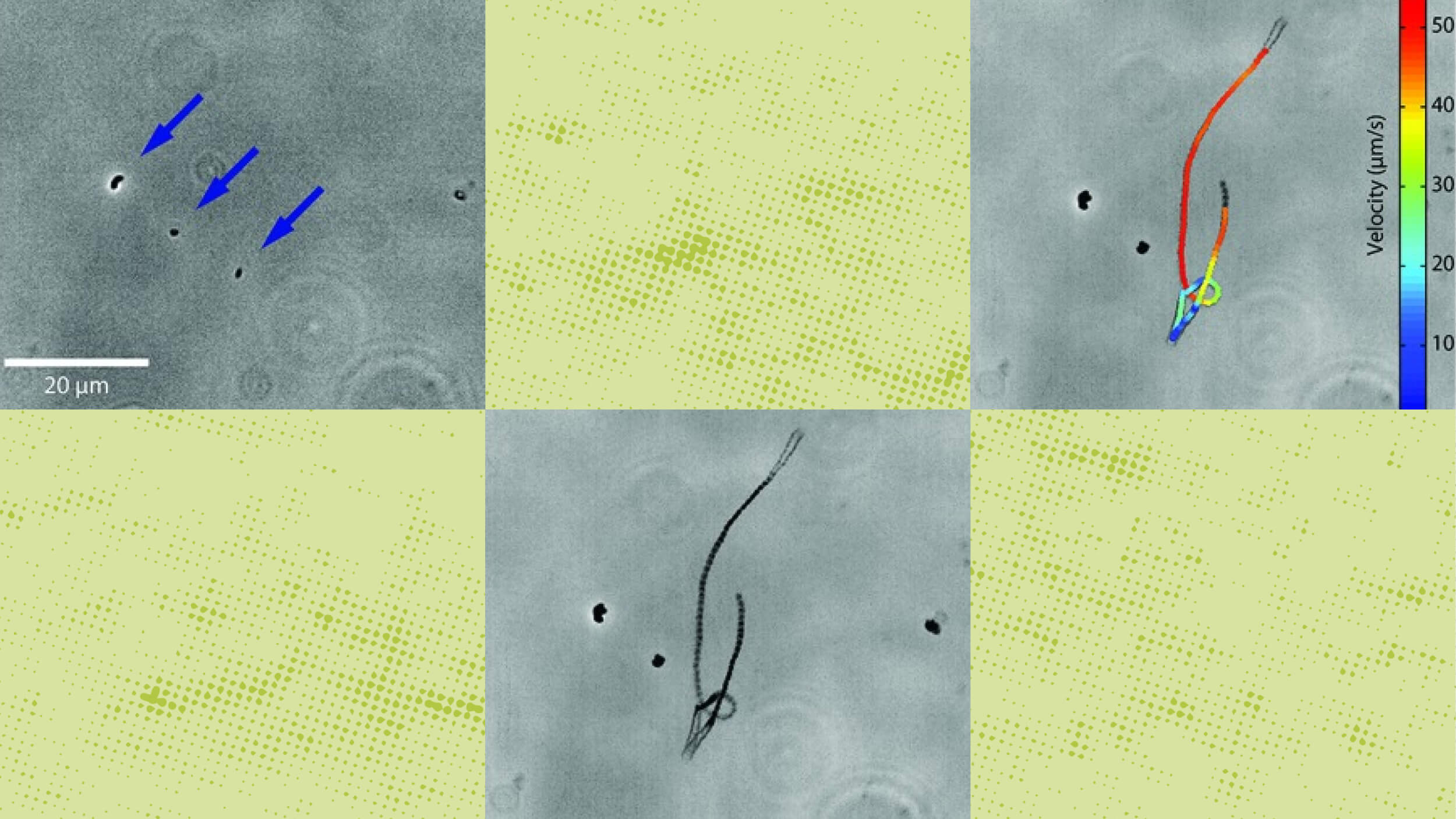Top Genuine Controversies in Science

There is often disagreement between what the public considers controversial and what scientists consider controversial. So, what are some genuinely controversial topics in science? They might surprise you. Read this list, compiled by the editors at RealClearScience, to find out!
Is There Physics Beyond the Standard Model?
The discovery of the Higgs Boson in July 2012 was a triumph for particle physicists. But, there was a downside to this discovery. As Ethan Siegel wrote, “There is no need for any physics beyond the Standard Model.” Why? Because the Standard Model successfully explains the data. And Occam’s Razor (though not an official part of the scientific method) is a good rule to apply in this case: Why generate a convoluted theory based on particles and extra dimensions that we’ve never detected when a far simpler theory will do? While Supersymmetry and String Theory may not be completely ruled out, there’s really no good evidence to accept them, either.
Read more here.
Are We Wrong About Radiation & Cancer?
It has been long assumed that any dose of ionizing radiation — even a very small one — is bad for you. It sounds like a reasonable assumption; high-energy radiation causes mutations in your DNA, and those can lead to cancer. A good deal of evidence supports this concept, known as the linear no-threshold model, and it forms the basis of radiation safety policies issued by governments worldwide. But what if it’s wrong?
Read more here.
What Is Life? Where Did It Come From?
The Biology 101 definition of “life” would include any self-replicating creature that can grow and evolve. But this is problematic because it excludes viruses and other obligate intracellular parasites that require a host to survive. And what about self-replicating pieces of DNA called transposons (“jumping genes”), or self-replicating proteins (e.g., prions, which can cause mad cow disease)? Do they qualify as life?
Read more here.
What Is Consciousness?
For the longest time, the debate over consciousness revolved around whether or not science should study it at all. Objectors decreed that the topic was too subjective and difficult to quantify, more under the purview of philosophy. But other scientists shirked off such criticisms and studied it anyway. After all, how could science not take on one of the greatest mysteries in the universe?
Read more here.





